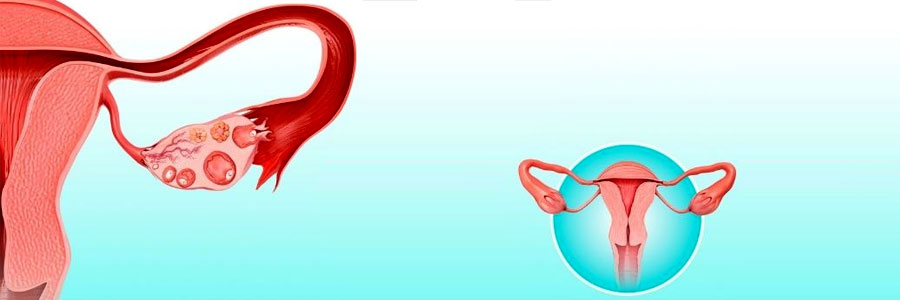Ovulation induction

Ovulation induction is a medical intervention used to stimulate the ovaries to produce and release eggs (ovulation) in women who are experiencing ovulatory dysfunction or who have difficulty conceiving due to irregular or absent menstrual cycles. Ovulation induction is commonly employed as part of fertility treatments to improve the chances of conception.
Here are key aspects of ovulation induction services
- Evaluation and Diagnosis: Conducting a comprehensive evaluation to determine the underlying cause of ovulatory dysfunction or infertility.
- Treatment Planning: Developing individualized treatment plans based on the underlying cause of ovulatory dysfunction and the woman's reproductive goals.
- Monitoring: Monitoring ovarian response to ovulation induction therapy through serial ultrasound scans to assess follicle development and hormone tests to evaluate estrogen and progesterone levels.
- Safety and Complications: Educating patients about potential risks and complications associated with ovulation induction.
- Follow-Up and Support: Providing ongoing monitoring, follow-up care, and support throughout the ovulation induction process. Monitoring for pregnancy, assessing treatment response, addressing any side effects or concerns, and adjusting treatment plans as needed to optimize outcomes and support patients through their fertility journey.




